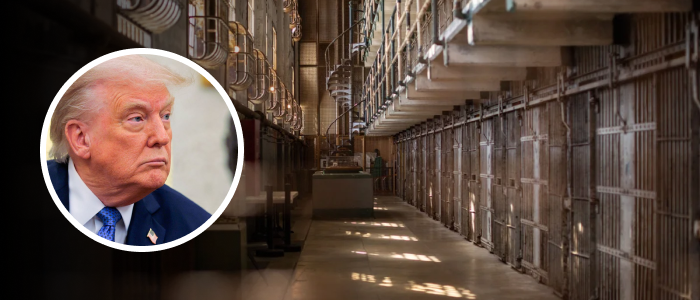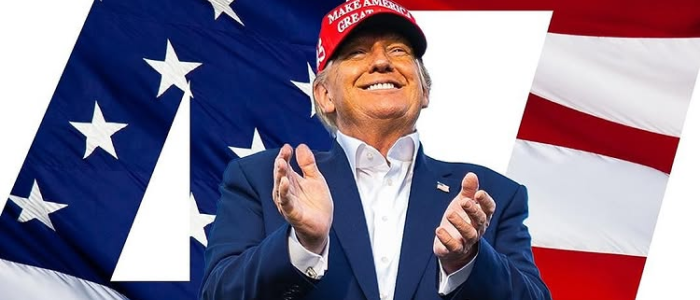Vice President of the policy think tank IMANI Africa, Kofi Bentil A Vice President of the policy think tank IMANI Africa, Kofi Bentil, is of the view that politicians should take their hands off the process of removing constitutionally protected officers. He believes that those whose work is directly affected by the occupants of such offices should be the ones to determine whether these individuals should be removed or not. To Kofi Bentil, the attempt to remove people in these offices was wrong yesterday and remains wrong today.
Sharing his opinion via social media, he wrote: “I associate with the view stressed on Newsfile that politicians must take their hands off the removal of Chief Justices and other constitutionally protected officers. It was wrong yesterday and is still wrong today. I have always said, and I repeat, that the best people to determine whether someone is performing well or not are those who work with the person and those who are affected by their work.

In the case of the Chief Justice, it is lawyers, judges, and litigants. We can excuse litigants because those who lose cases will almost always be upset, and vice versa. But lawyers and judges experience both wins and losses regularly, and they know whether a judge is competent or not.
” Here’s my proposal: When a petition is received, a prima facie case must be established by the President’s office. If none exists, the petition should be thrown out. Once a prima facie case is established, Parliament should be the forum to determine whether the case warrants consideration for the removal of the Chief Justice.
If Parliament decides that the matter should proceed, the judiciary and lawyers must vote on whether to remove or retain the Chief Justice—based on a simple majority. The advantages of this approach: A. It removes the process from the hands of politicians.
B. It makes it more difficult to remove a Chief Justice on a whim. C.
It holds the Chief Justice more accountable to their judicial peers and the legal community. D. It prevents politicians from threatening or intimidating the Chief Justice into doing their bidding.
.
Politics

Kofi Bentil proposes ways to remove constitutionally protected officers without political influence

Vice President of the policy think tank IMANI Africa, Kofi Bentil A Vice President of the policy think tank IMANI Africa, Kofi Bentil, is of the view that politicians should take their hands off the process of removing constitutionally protected officers. He believes that those whose work is directly affected by the occupants of such [...]The post Kofi Bentil proposes ways to remove constitutionally protected officers without political influence appeared first on Ghanamma.com.















